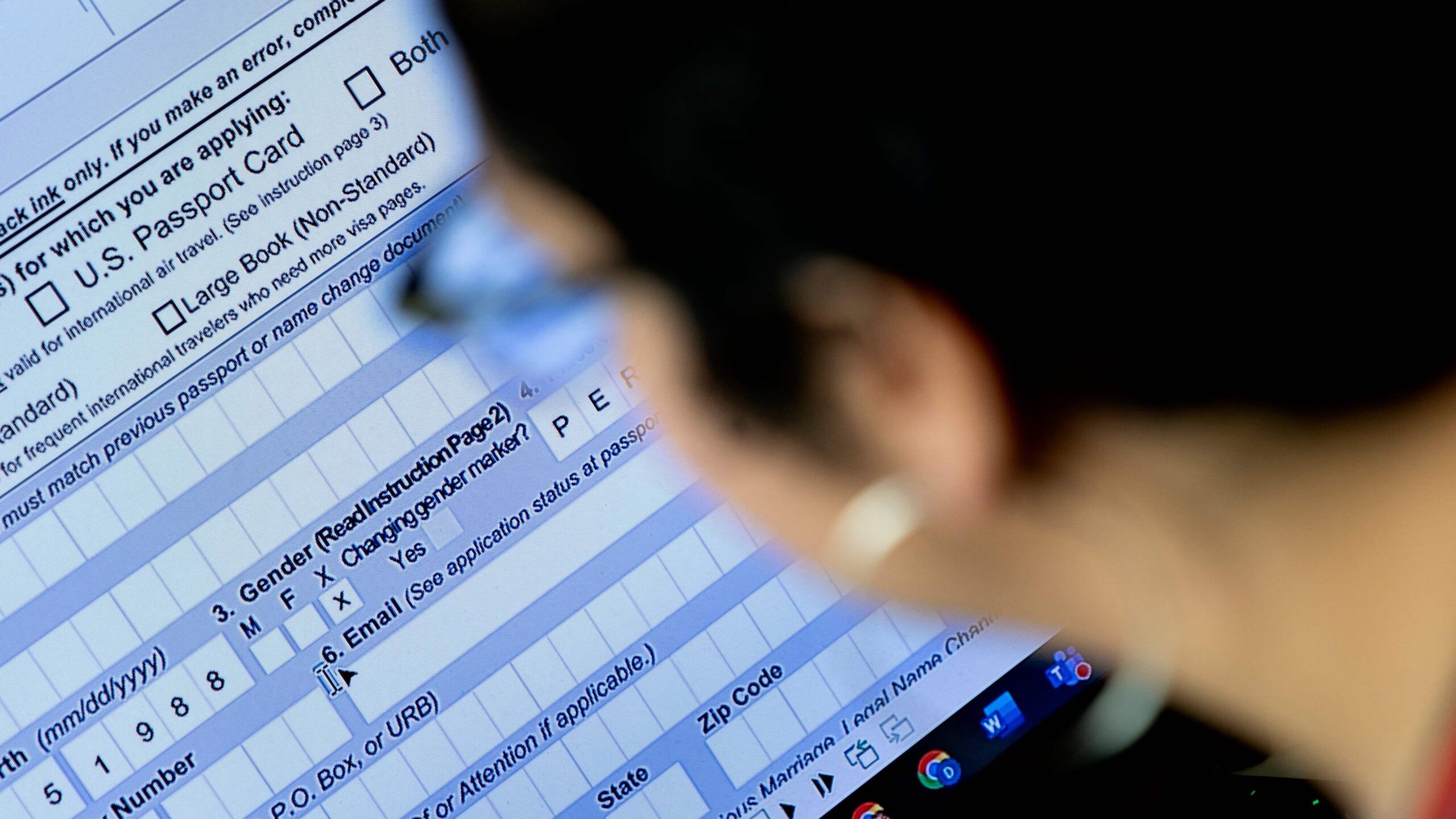
The Trump administration has asked the Supreme Court to intervene in a fight over policies targeting LGBTQ+ Americans. The emergency appeal, filed Friday, asks the justices to let the administration limit passport sex markers for transgender and nonbinary individuals. Shortly after taking office in January, President Donald Trump issued an executive order declaring it federal policy to recognize only two sexes, which “are not changeable and are grounded in fundamental and incontrovertible reality.” This led the State Department to suspend its processing of passport applications seeking an “X” gender marker, a policy that reversed changes made during the Biden administration.
Solicitor General D. John Sauer argued in the emergency appeal that “private citizens cannot force the government to use inaccurate sex designations on identification documents” and that the government’s policy is “eminently lawful.”
The Legal and Human Impact
A federal judge in Massachusetts, Julia Kobick, had previously blocked the government from enforcing the policy nationwide, finding that it classified “applicants on the basis of sex” and thus warranted higher judicial scrutiny. Judge Kobick noted that passports are often used for non-travel purposes, such as opening a bank account, and that without a ruling halting the policy, affected individuals would experience “irreparable harm” from being outed and facing a heightened risk of “anxiety, psychological distress, discrimination, harassment, or violence.”
A federal appeals court in Boston earlier this month denied the administration’s request to block that order, stating that the government had failed “to engage meaningfully” with the lower court’s claims that the policy might violate the Constitution’s Equal Protection Clause.
Conflicting Rulings and Precedents
In its appeal to the Supreme Court, the administration argued that the lower courts erred in their review of the policy. Sauer’s filing cited a major Supreme Court ruling from June that upheld efforts by conservative state lawmakers to pass laws targeting transgender Americans. He wrote that this 6-3 ruling “makes clear that the challenged policy does not discriminate based on sex.”
The case also brings to the forefront a separate legal question: who gets to define “cause” for a removal. The Trump administration’s appeal also brushed aside arguments that those affected were entitled to some sort of process to refute allegations before being dismissed, arguing that requiring such a process would “wreak havoc on sensitive presidential decision-making.” The Supreme Court’s work is increasingly intertwined with Trump, as the court also agreed to hear arguments in a major case involving the president’s use of sweeping global tariffs.
What The Author Thinks
This case is about more than just a passport policy; it’s a front in a broader political and legal battle over gender identity and government recognition. By taking this issue to the Supreme Court, the administration is deliberately seeking a precedent that could be used to justify other policies targeting LGBTQ+ Americans. The case highlights the significant power of a president to shape a government’s stance on identity and the legal system’s role in either protecting or curtailing the rights of marginalized groups. It is a fundamental conflict between a government’s attempt to define identity through biological classification and an individual’s right to self-determination, with a Supreme Court decision potentially setting a course for future civil rights issues.
Featured image credit: Heute
For more stories like it, click the +Follow button at the top of this page to follow us.
